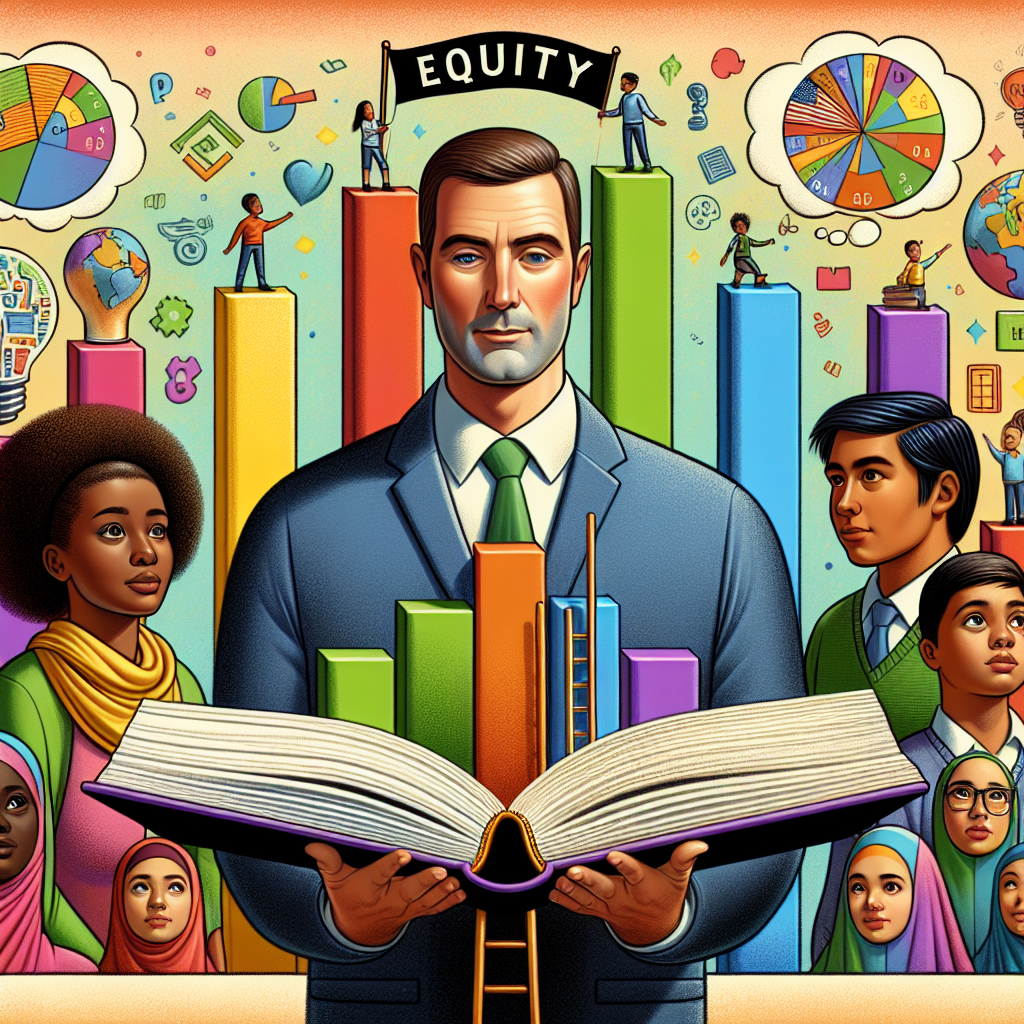Education is often touted as the great equalizer, providing individuals with the tools and knowledge they need to succeed in life. However, not all students have equal access to quality education, leading to disparities in outcomes that can have far-reaching implications for both individuals and society as a whole.
One of the key factors contributing to these disparities is funding disparities. Schools in low-income areas often receive less funding than schools in more affluent neighborhoods, resulting in fewer resources and opportunities for students. This can lead to lower graduation rates, decreased college enrollment, and limited career options for students from disadvantaged backgrounds.
Another issue that exacerbates educational inequity is the digital divide in schools. With the increasing reliance on technology in the classroom, students who lack access to computers and high-speed internet at home are at a disadvantage compared to their peers. This can impact their ability to complete assignments, conduct research, and participate in virtual learning opportunities.
The impact of these disparities goes beyond individual student outcomes. A lack of educational equity can perpetuate cycles of poverty and inequality, limiting social mobility and perpetuating systemic injustices. By addressing these issues and ensuring that all students have access to quality education, we can create a more just and equitable society for all.

Leave a Reply